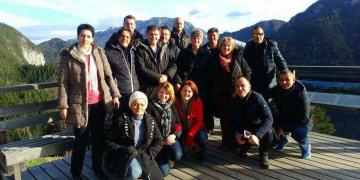Identify priority conservation areas using habitat suitability models for key animal species.
Financial Participatory Approach (FPA) tool
Establishment of community-based organizations (CBOs)
Securing long term land-use rights for the community and conservation objectives
Creation of a local ranger program
Commitment to explicit, attainable conservation objectives through long-term Conservation Agreements
